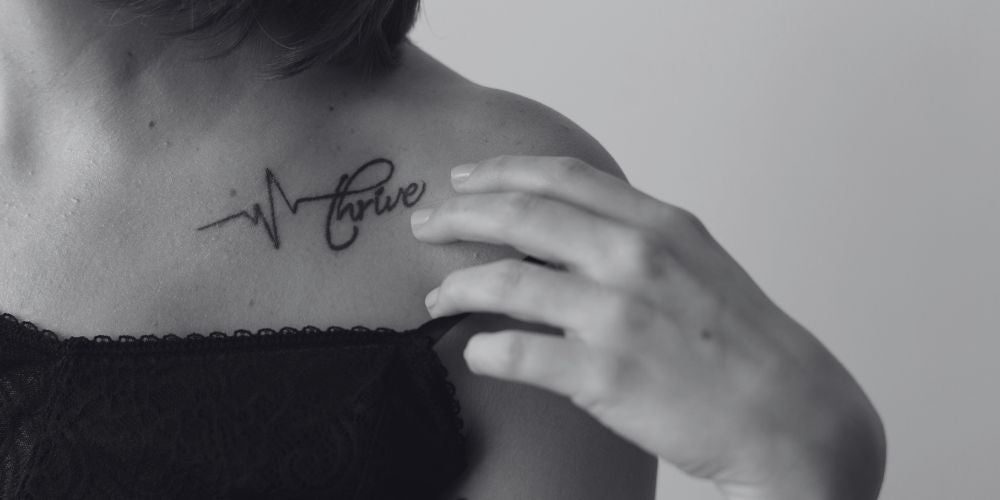National Mammography Day: The Importance of Early Detection and Self-Exams
October is not just a time for falling leaves and pumpkin spice; it’s also Breast Cancer Awareness Month, culminating in National Mammography Day on October 18th. This day serves as a crucial reminder of the importance of regular mammograms in the early detection of breast cancer, as well as the role of self-breast exams in empowering individuals to take charge of their health.
What is National Mammography Day?
National Mammography Day is dedicated to raising awareness about the significance of mammograms as a vital tool in the early detection of breast cancer. Established by the American College of Radiology and the National Cancer Institute, this observance encourages women to prioritize their breast health by scheduling regular screenings.
Why Mammograms Matter
Mammograms are X-ray examinations that can detect breast cancer up to three years before it can be felt. Here’s why they are essential:
- Early Detection Saves Lives: Regular mammograms can catch breast cancer in its earliest stages when it is most treatable. Early detection can significantly increase survival rates and reduce the need for aggressive treatments.
- Peace of Mind: Knowing that you are proactive about your health can alleviate anxiety. Regular screenings provide reassurance and allow you to focus on other aspects of your life.
- Tailored Treatment Options: Detecting breast cancer early allows healthcare providers to create personalized treatment plans, improving the overall quality of care and outcomes.

The Role of Self-Breast Exams
While mammograms are essential, self-breast exams (SBEs) are a crucial complement to regular screenings. Here’s why you should incorporate them into your breast health routine:
- Familiarity with Your Body: Regular self-exams help you become familiar with the normal look and feel of your breasts. This awareness can make it easier to notice any changes over time.
- Early Detection of Changes: By regularly performing self-exams, you may detect lumps, changes in size or shape, or unusual discharge. If you notice anything unusual, it’s important to consult your healthcare provider promptly.
- Empowerment: Self-exams give you a sense of control over your health. Taking the initiative to monitor your body can foster a proactive approach to health and wellness.
How to Perform a Self-Breast Exam
- Choose a Time: Perform your self-exam monthly, ideally a few days after your period ends when your breasts are less likely to be tender.
- Visual Inspection: Stand in front of a mirror with your arms at your sides, then raise them above your head. Look for any changes in size, shape, or contour. Check for any unusual dimpling, swelling, or changes in the skin.
- Manual Examination: While lying down, use your fingers to feel for lumps or changes. Use a circular motion, moving from the outside of the breast toward the center. Repeat this process while standing or sitting.
- Consult Your Doctor: If you find any changes or have concerns, don’t hesitate to reach out to your healthcare provider for further evaluation.
Use our Self-Breast Exam Guide
How to Get Involved on National Mammography Day
- Schedule Your Mammogram: If you haven’t had a mammogram in the past year, make an appointment. Many facilities offer special promotions on National Mammography Day.
- Educate Yourself and Others: Share information about the importance of mammograms and self-breast exams with friends and family. Knowledge is power!
- Participate in Community Events: Many organizations host awareness events, walks, and seminars. Getting involved can help raise awareness and support others in the community.
Conclusion
National Mammography Day is a powerful reminder of the importance of regular screenings and self-exams in the fight against breast cancer. By prioritizing your breast health and encouraging others to do the same, we can foster a culture of awareness and empowerment. This October, take the time to schedule your mammogram, perform a self-exam, and spread the word about the importance of early detection. Together, we can make a difference in the fight against breast cancer.










